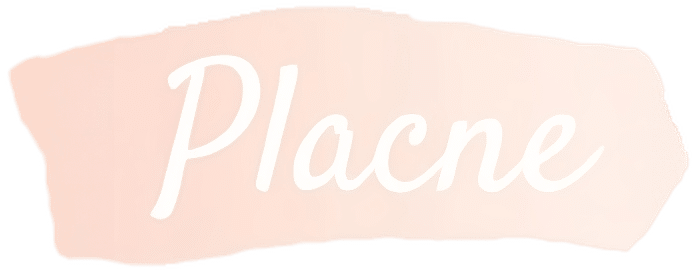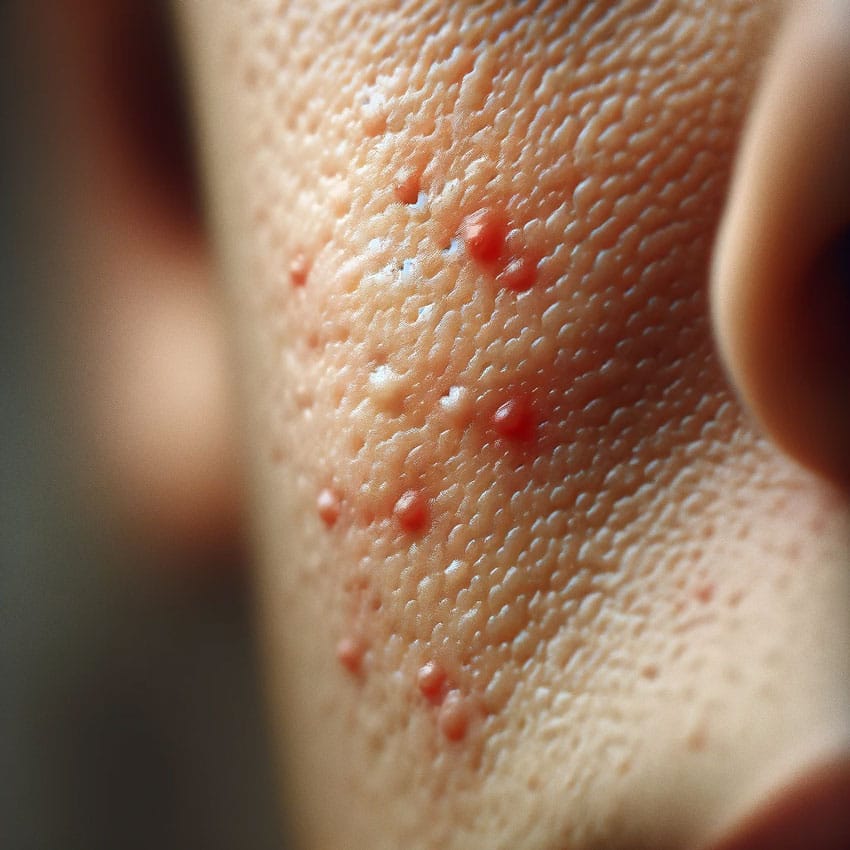Butt acne, or “buttne,” is a common skin condition that can be both uncomfortable and embarrassing. It occurs when hair follicles become clogged with oil, sweat, and dead skin cells, leading to the formation of pimples, blackheads, and whiteheads on the buttocks.
While it is not a serious medical condition, butt acne can be frustrating to deal with, especially during the summer months when shorts and swimsuits are in fashion.
Understanding Butt Acne
Butt acne, also known as folliculitis, is a common skin condition that affects the hair follicles in the buttocks area. It is characterized by red bumps, papules, pustules, or cysts that can be itchy, painful, and unsightly.
Butt acne is a form of acne vulgaris, but it is different from facial acne because the skin in the buttocks area is thicker, has more hair follicles, and is more prone to sweating and friction.
The main cause of butt acne is a bacterial infection, usually by Staphylococcus aureus, that occurs when the hair follicles become clogged with dead skin cells, oil, and sweat. This can happen when the skin is not cleaned properly when there is excessive sweating, or when there is friction from tight clothing or sitting for long periods.
Inflammation of the hair follicles can also lead to a condition called folliculitis, which is similar to butt acne but can be caused by other factors such as shaving, waxing, or using oily skin products. Folliculitis can also be caused by a fungal infection, which is more common in people with weakened immune systems.
To prevent butt acne, it is important to keep the skin clean and dry, especially after exercising or sweating. Using a mild soap or cleanser and avoiding tight-fitting clothing can also help reduce the risk of developing butt acne.
If you have already developed butt acne, there are several treatments available, including:
- Topical creams or gels containing benzoyl peroxide, salicylic acid, or retinoids
- Antibiotics, either topical or oral, to kill the bacteria causing the infection
- Steroid creams or injections to reduce inflammation and swelling
- Chemical peels or laser treatments to remove dead skin cells and unclog the hair follicles
Causes and Risk Factors
Butt acne, also known as folliculitis, is caused by inflammation of the hair follicles. The inflammation can be caused by a variety of factors, including sweat, friction, and sitting for long periods of time.
Tight-fitting clothing, especially those made of nylon, can also contribute to the development of butt acne.
Stress is another factor that can lead to the development of butt acne. When the body is under stress, it produces more sebum, which can clog pores and lead to the development of acne.
Genetics can also play a role in the development of butt acne. If a person’s parents had acne, there is a higher likelihood that they will develop it as well.
Dry skin can also contribute to the development of butt acne. When the skin is dry, it is more prone to irritation, which can lead to the development of acne.
Shaving or waxing the butt area can also cause butt acne, as the hair removal can cause irritation and inflammation of the hair follicles.
Bacteria growth is another factor that can lead to the development of butt acne. Bacteria thrive in warm, moist environments, so sweating can contribute to the growth of bacteria and the development of acne.
Perfumes, fabric softeners, and dryer sheets can also contribute to the development of butt acne by irritating the skin and leading to the development of acne.
Tight-fitting yoga pants and leggings can also contribute to the development of butt acne as the tight fabric can trap sweat and bacteria against the skin, leading to the development of acne.
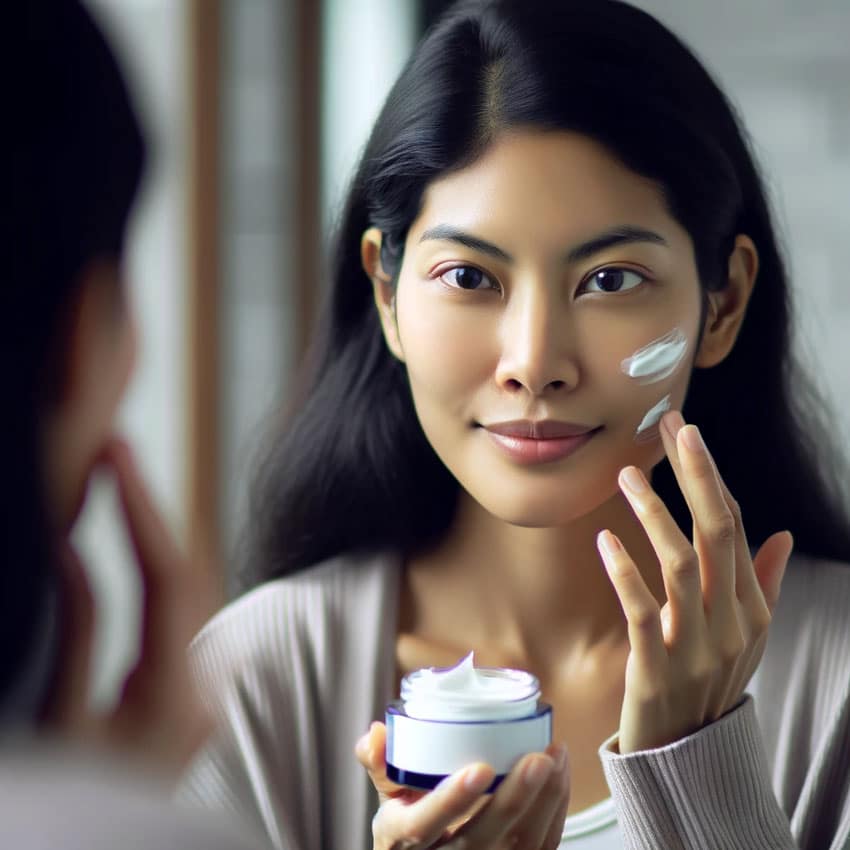
Prevention and Home Remedies
To prevent butt acne, one should maintain good hygiene by taking a shower regularly, especially after exercising or sweating. Using an antimicrobial cleanser can also help to reduce the risk of infection.
It is important to use a loofah or exfoliating gloves to remove dead skin cells that can clog pores. However, it is essential to avoid over-exfoliating as it can cause skin irritation and inflammation.
Wearing breathable fabrics like cotton can help to reduce friction and prevent sweat from getting trapped against the skin. Tight clothing should be avoided as it can cause irritation and sweating, leading to acne breakouts.
A healthy diet with plenty of fruits and vegetables can also help to prevent acne by providing the body with essential nutrients.
Moisturizing is essential to prevent dry skin, which can cause acne. Using a noncomedogenic moisturizer can help to prevent clogged pores. It is also recommended to use a hypoallergenic version of the moisturizer to avoid skin irritation.
Apple cider vinegar has antimicrobial properties that can help to fight the bacteria that cause acne. Adding a cup of apple cider vinegar to a warm bath can help to keep the skin on the buttocks clear. However, it is important to note that research on this remedy is limited, and it may not work for everyone.
Over-The-Counter Treatments
There are several over-the-counter treatments available for butt acne. These treatments can be effective in reducing inflammation, unclogging pores, and preventing future breakouts. Here are some of the most popular options:
- Salicylic Acid: This beta hydroxy acid is a popular ingredient in many acne treatments. It works by exfoliating the skin and unclogging pores. Products containing salicylic acid can be effective in treating mild to moderate cases of butt acne.
- Benzoyl Peroxide: This powerful acne-fighting ingredient works by killing the bacteria that cause acne. It can be found in a variety of strengths, ranging from 2.5% to 10%. Benzoyl peroxide can be effective in treating moderate to severe cases of butt acne.
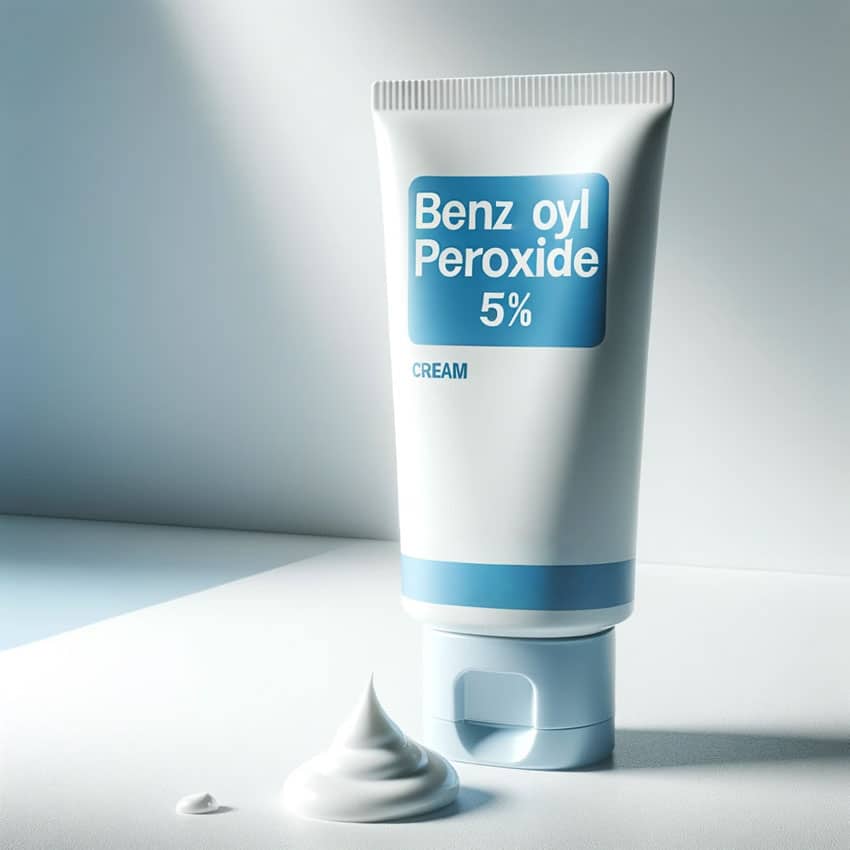
- Neutrogena Body Clear Body Wash: This body wash contains salicylic acid and is designed to treat body acne. It can be effective in treating mild cases of butt acne.
- CeraVe Acne Foaming Cream Cleanser: This cleanser contains benzoyl peroxide and is designed to unclog pores and prevent future breakouts. It can be effective in treating moderate to severe cases of butt acne.
- Tea Tree Oil: This natural oil has antibacterial properties and can be effective in treating mild cases of butt acne. It should be used with caution, as it can be irritating to the skin.
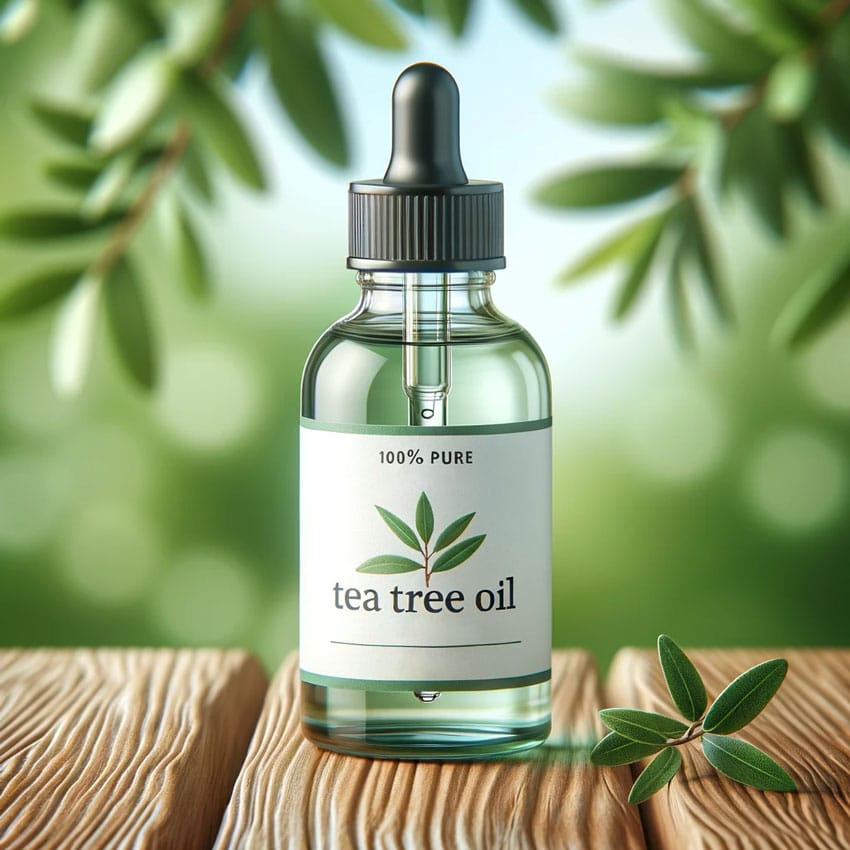
- Glycolic Acid: This alpha hydroxy acid is a popular ingredient in many exfoliating products. It works by removing dead skin cells and unclogging pores. Products containing glycolic acid can be effective in treating mild to moderate cases of butt acne.
- Amlactin: This moisturizer contains lactic acid and is designed to exfoliate the skin and reduce the appearance of rough, bumpy skin. It can be effective in treating mild cases of butt acne.
When using over-the-counter treatments, it is important to follow the instructions carefully. Some treatments can be irritating to the skin, so it is important to start with a lower strength and gradually increase as needed.
It is also important to use a gentle, antibacterial soap to keep the affected area clean and to avoid wearing tight clothing that can trap sweat and bacteria.
When to Seek Medical Help

If the butt acne is painful, itchy, or persists despite home remedies, it may be time to consult a dermatologist or healthcare provider. They can determine if it is a more serious condition such as hidradenitis suppurativa or keratosis pilaris, which may require prescription treatment.
In some cases, oral antibiotics or creams may be prescribed to treat the underlying infection or inflammation. Painful boils or carbuncles may require warm compresses or even lancing to drain the pus.
If the butt acne is caused by contact dermatitis, identifying and avoiding the irritant is key.
It is important to resist the urge to pop pimples, as this can lead to scarring and further infection. If the acne is caused by yeast or fungi, antifungal creams or oral medications may be necessary. Staph bacteria may require antibiotics to clear up the infection.
